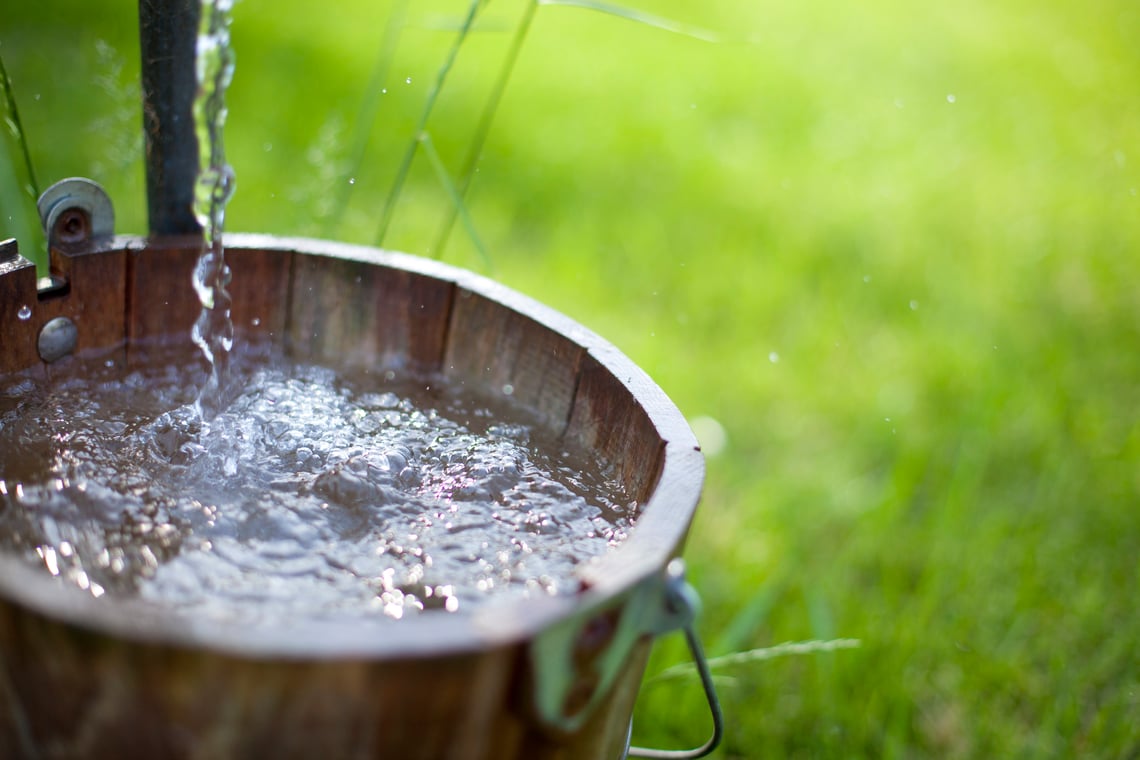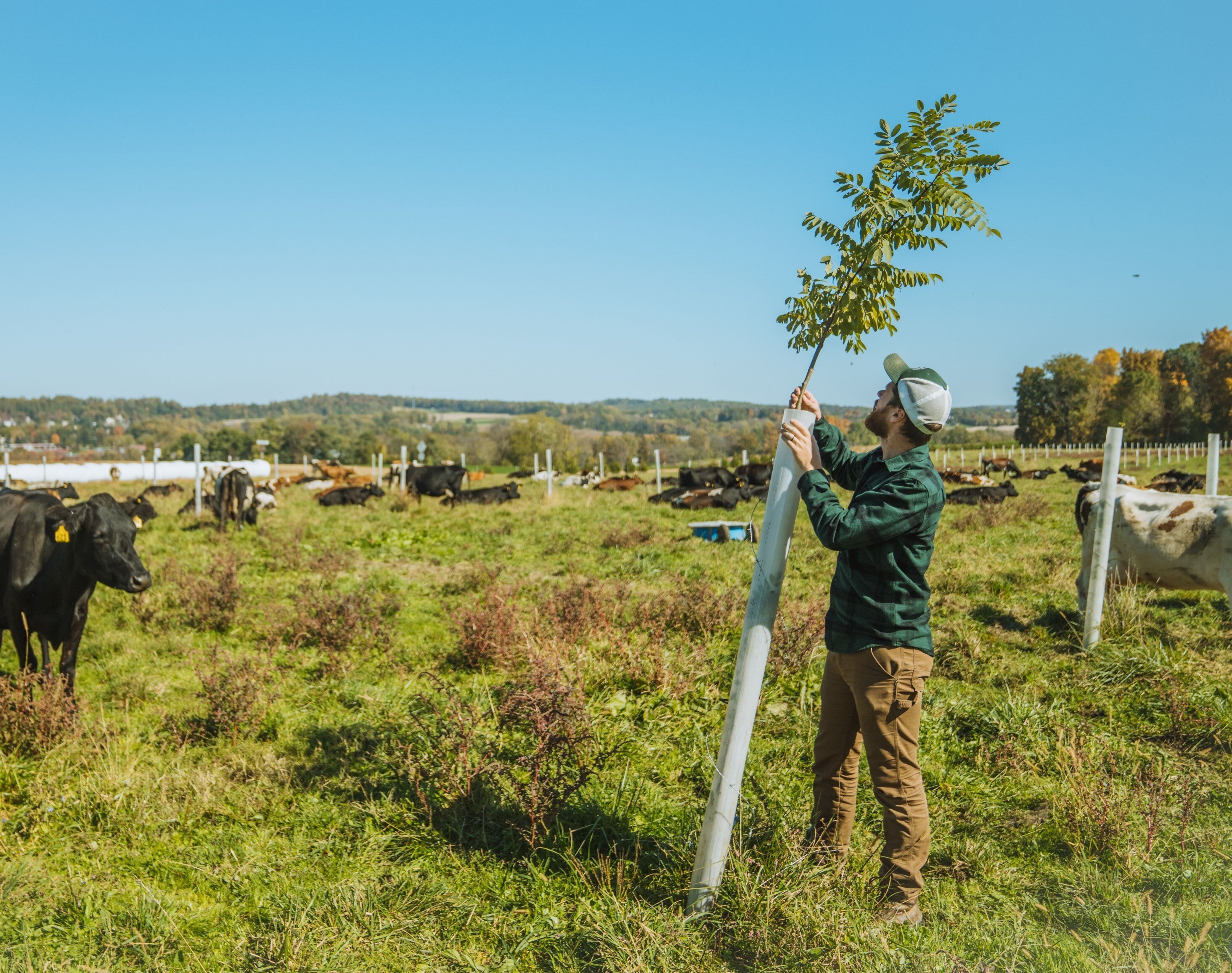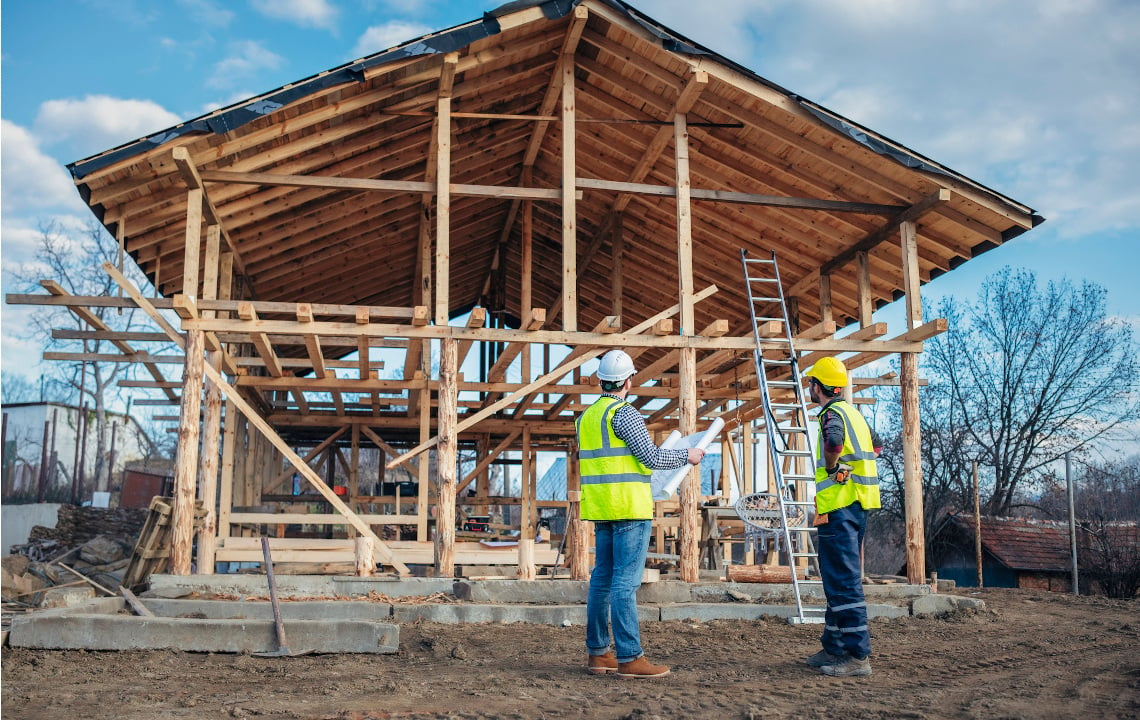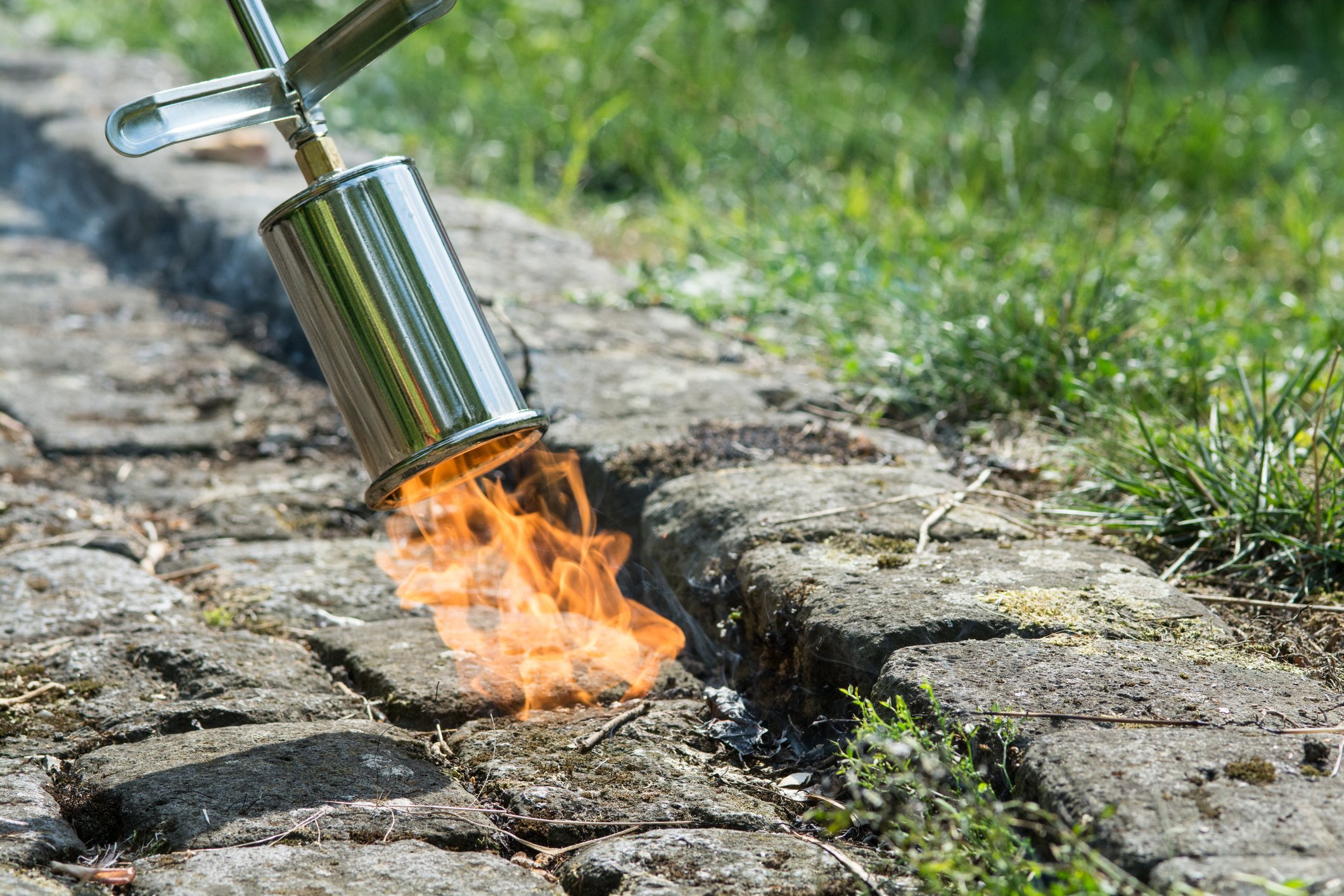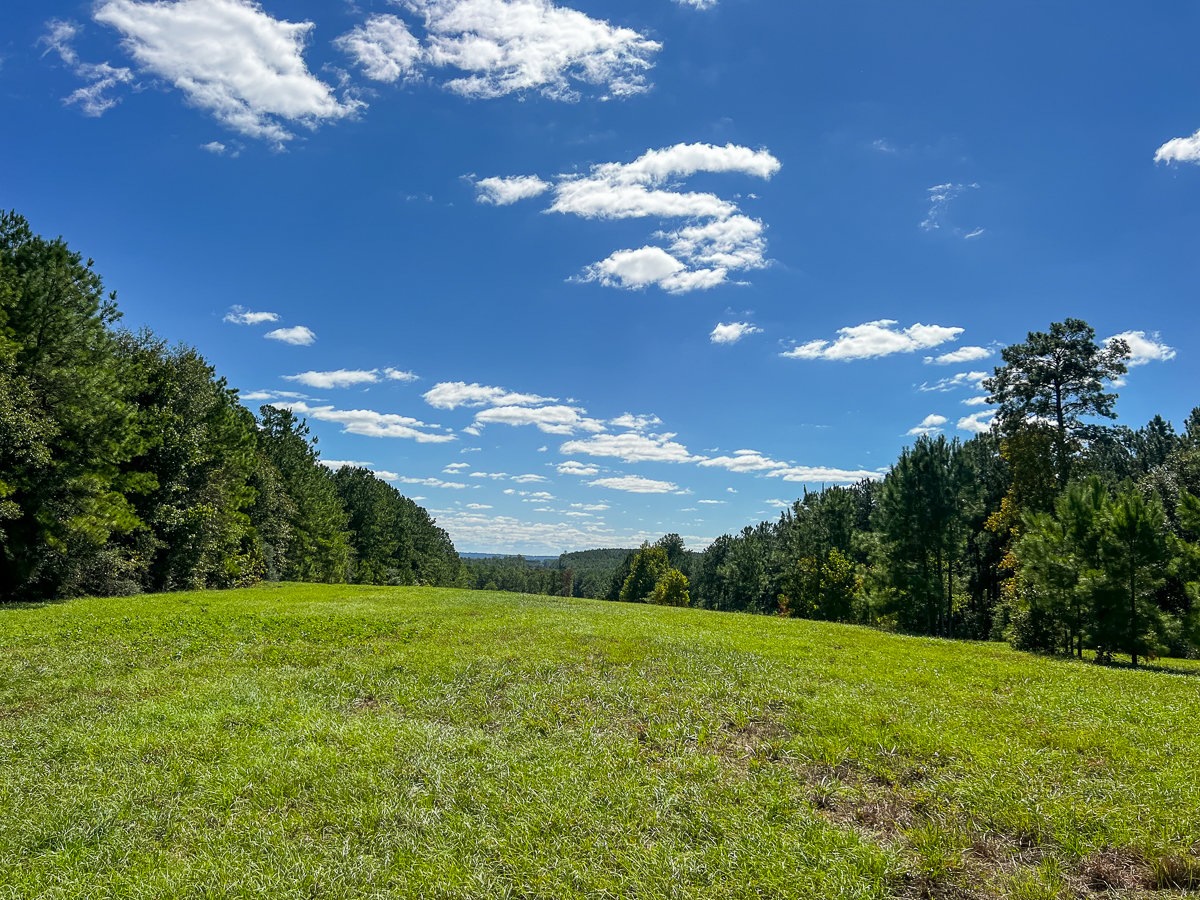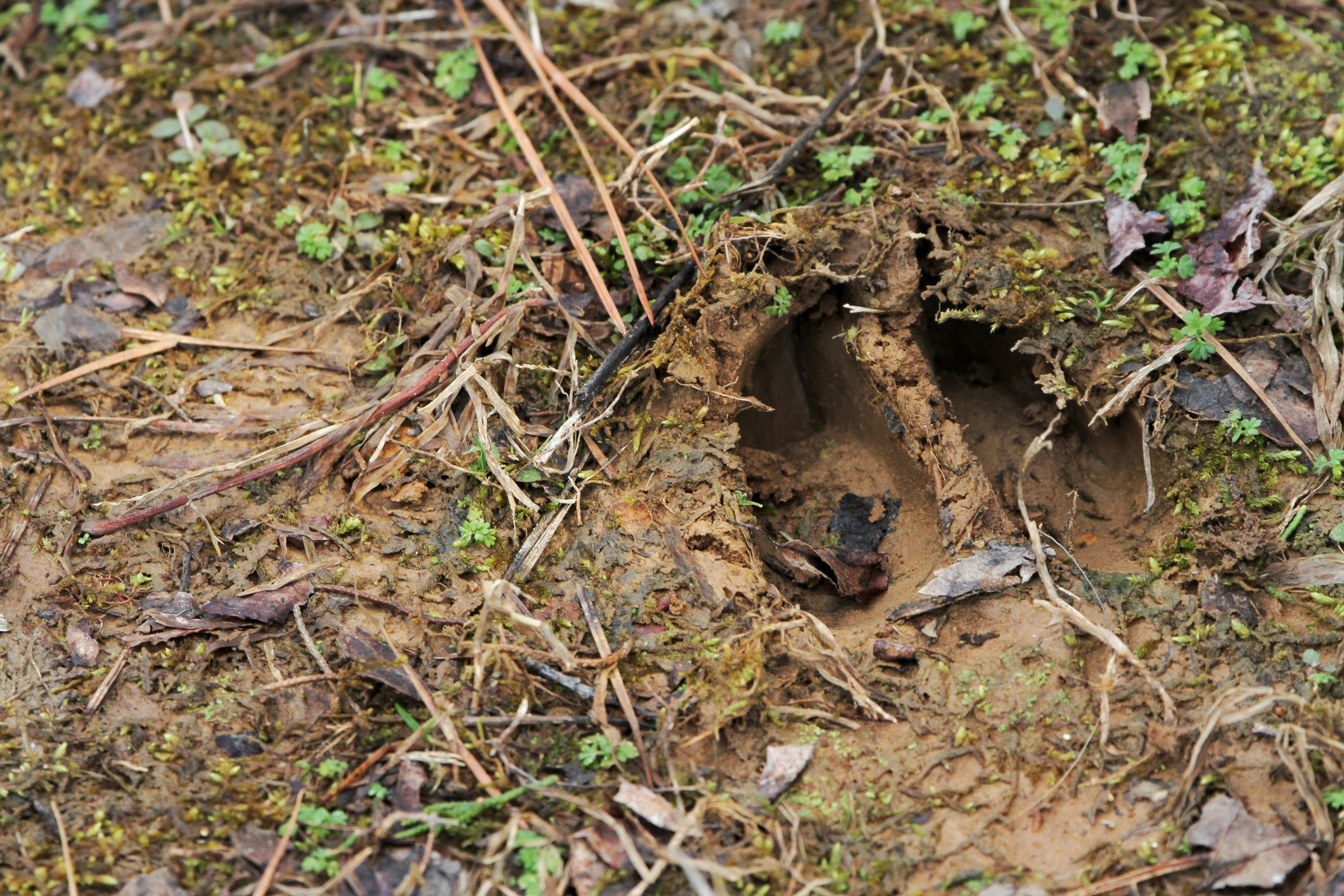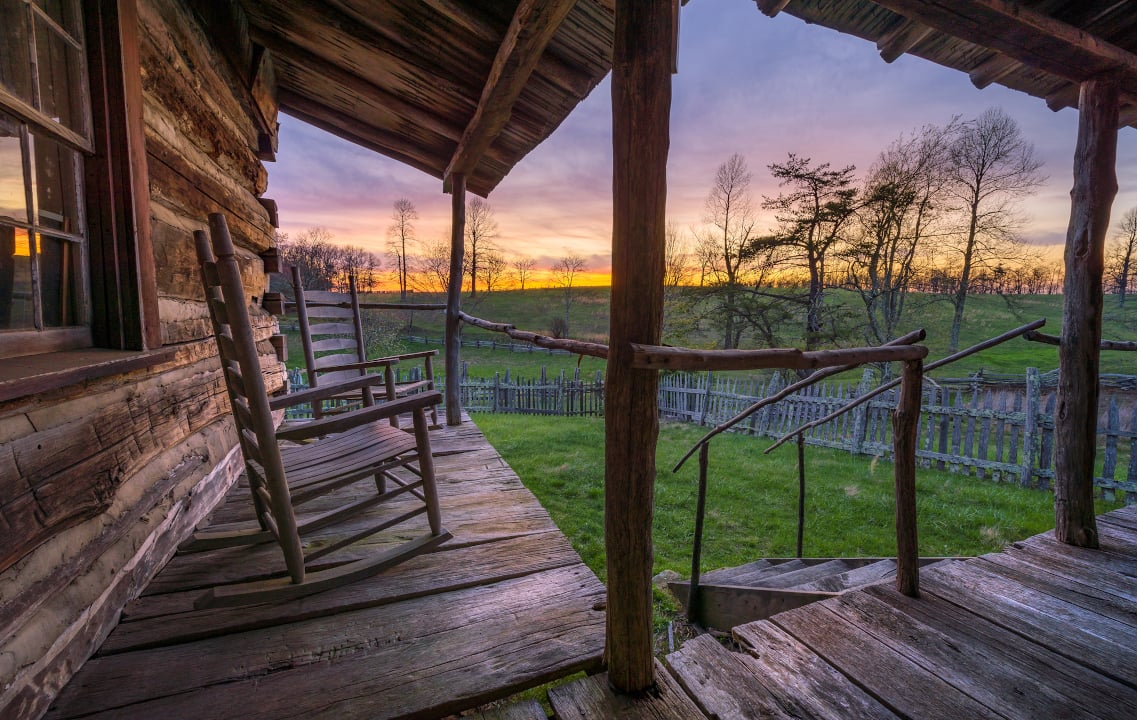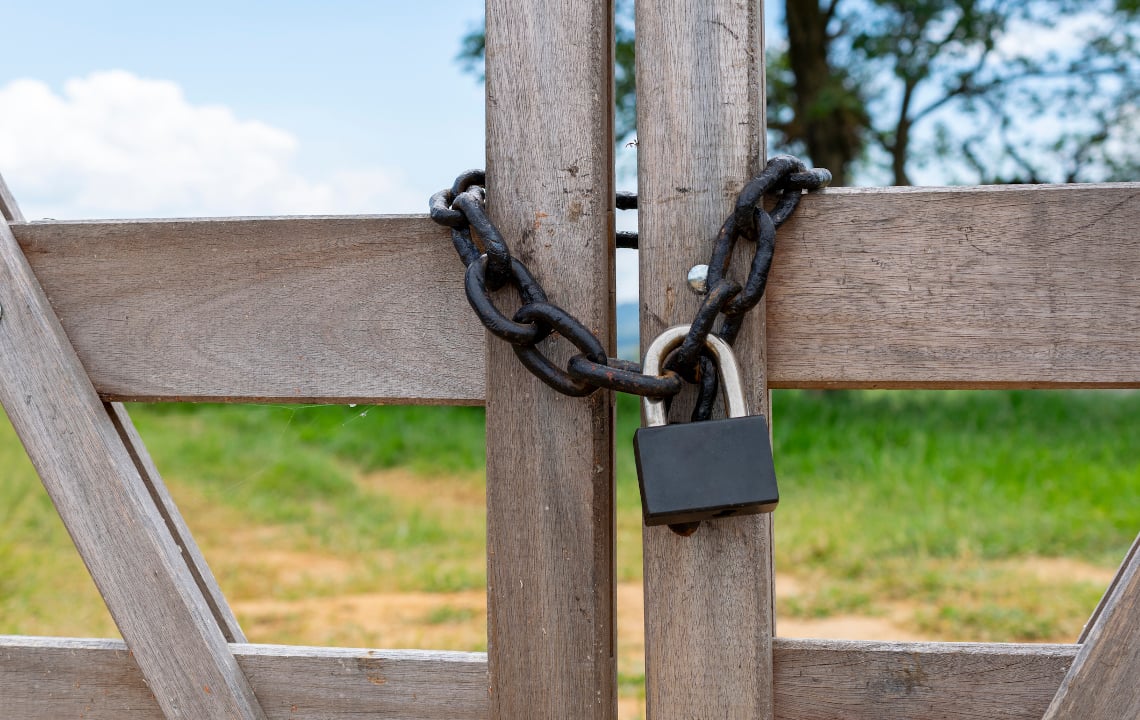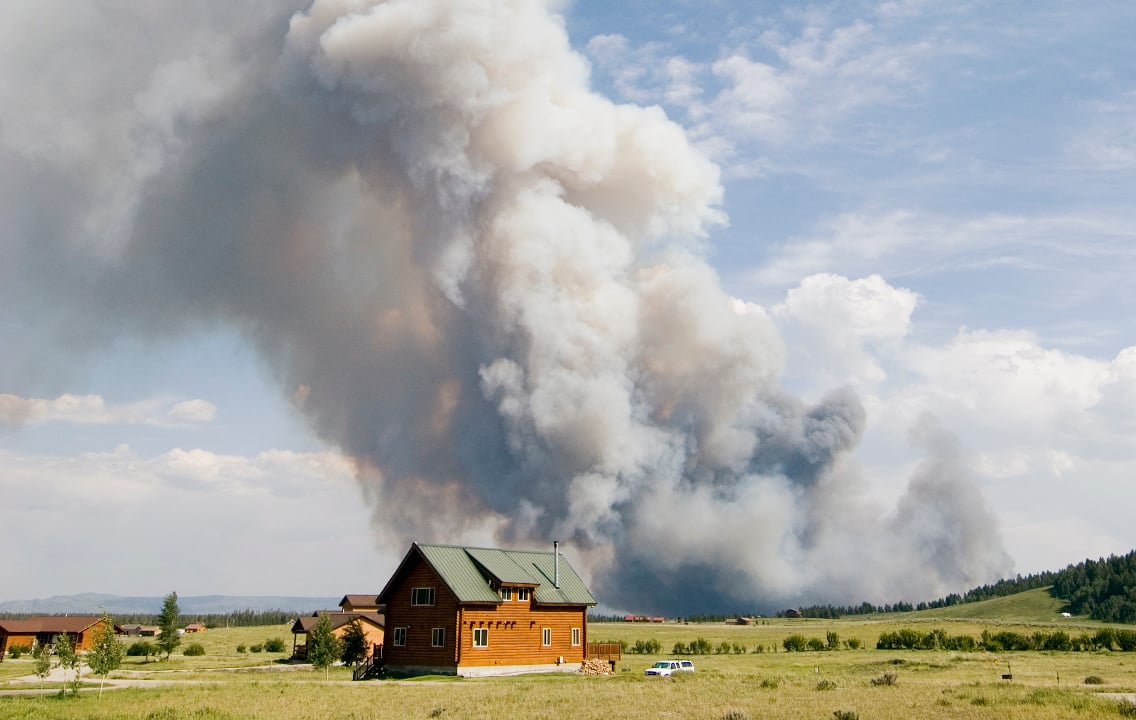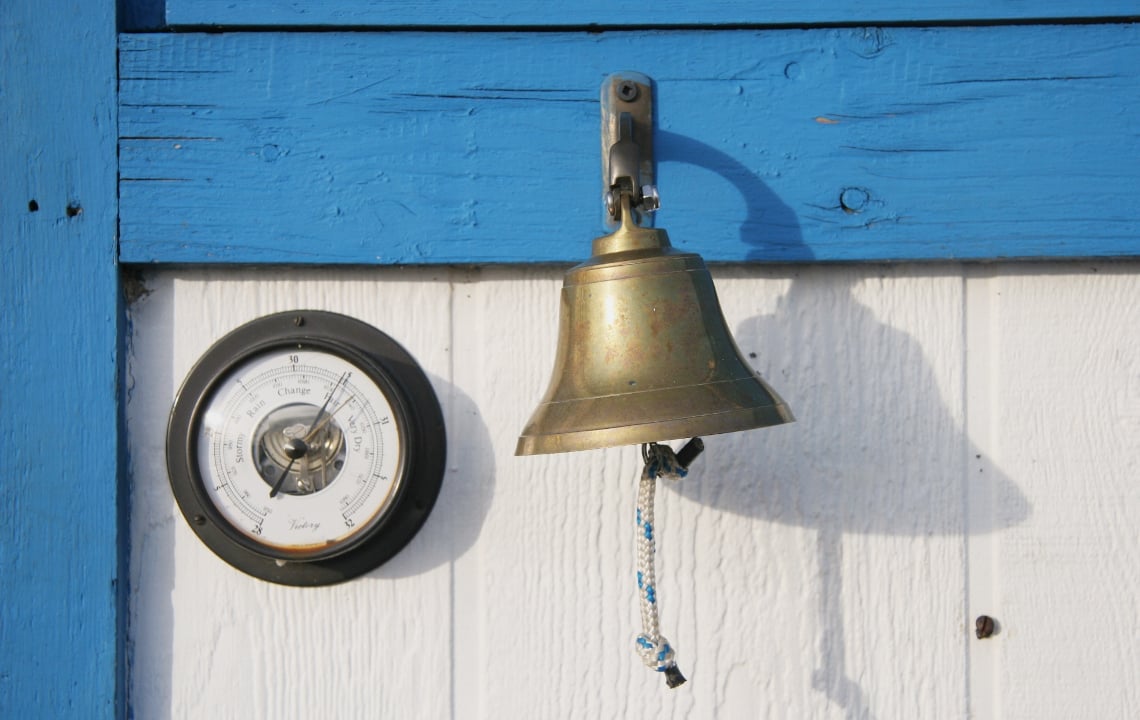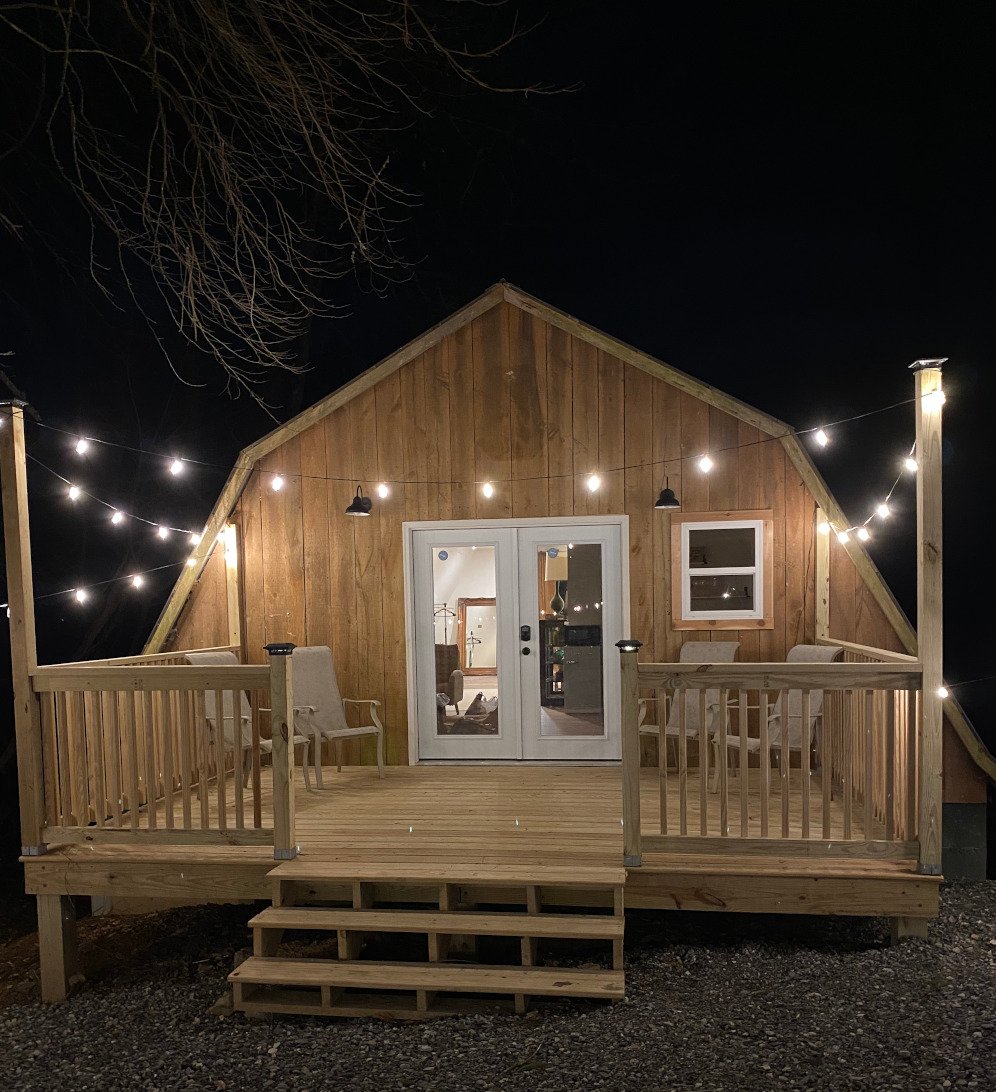Being on a well is a lot different than relying on city water. Read on to learn the basics on groundwater wells, from how they're installed to tips for keeping systems in good working order.
If you're moving to the country from the city or the 'burbs, odds are you're used to getting your water from a municipal source. Most rural landowners, though, need to install wells to access groundwater for household use.
Whether your contractor is handling the details of well installation or you're serving as your own contractor, it's smart to educate yourself on a system that's such a crucial component of your new home.
Wells 101
At its most basic, a well is a system that accesses groundwater near your home and p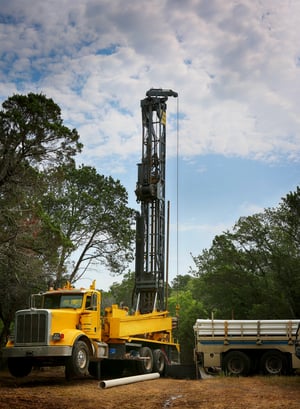 umps it into the house for washing dishes, showering, and drinking, among other uses.
umps it into the house for washing dishes, showering, and drinking, among other uses.
In order to have a sufficient supply of water for your household, and to make sure the water is free of harmful contaminants, you'll want to work with reputable installers throughout the process. You'll also need to plan for some maintenance to keep the well in good working order in the future.
While it is possible to dig a well (like our ancestors did...by hand!), most modern wells are drilled by means of a large drill rig mounted on a truck. The drilled hole is lined with a casing to prevent the walls of the hole from collapsing, and an electric pump is placed inside to transport water to the home.
The top of the well is sealed with a cap to prevent dirt, insects and animals from entering.
Well depth varies greatly depending on your location.
The U.S. Geological Survey's groundwater guide notes that in areas with clay above bedrock, wells may need to extend deep into the ground. But in areas with more permeable materials near the surface, wells tend to be more shallow, unless you request a deeper well for better water quality.
Well Installation Process

Choosing where to dig your well should be one of the first steps in your construction process.
The National Groundwater Association (NGWA) recommends you select a well site before planning where to build your house. After all, what's more important than the quality of your drinking water?
The NGWA keeps a database of licensed professionals with the required skills and experience to select a well site on your property. If they've worked in your area for long enough, a professional should be generally familiar with the water table and well requirements.
You'll need to discuss your household or homestead's water use with your installer.
For typical use, the NGWA recommends a capacity of 150-300 gallons per day for two to four people. But if you're considering keeping livestock or think you'll need to irrigate crops, make sure to tell your installer about those plans. While you may choose to use rainwater collection methods for some applications, it's just important to keep the big picture in mind when making plans.
Your installer should take care of legal and regulatory requirements. Depending on your locality, there may be inspections, permits and fees with the local health department to factor into your overall budget.
The Cost to Install a Well
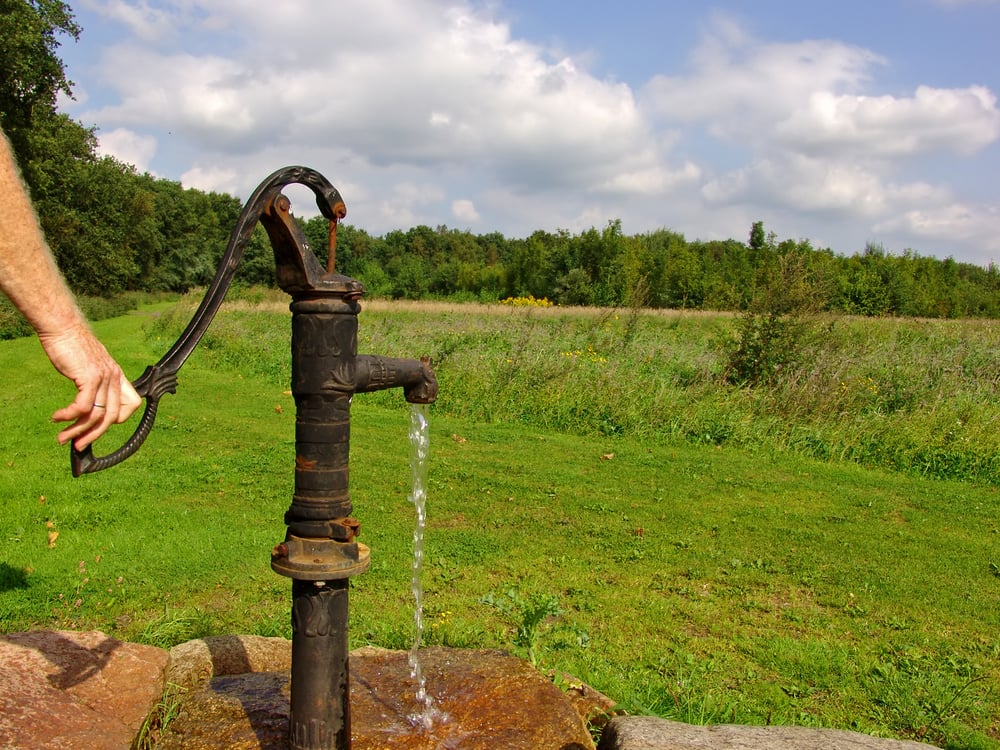
Wells are typically priced out on a per-foot basis, averaging around $24-30 dollars per foot for drilling.
An experienced installer should be able to give you an estimate based on average well depths in your area with similar geologic features.
In addition to the drilling cost, you'll need to factor in the pump cost, which can vary based on type.
"Jet" pumps cost $1,500 on average, while "submersible" pumps run around $3,000. Your installer should be able to explain which type you need and why.
There may be additional costs for materials and labor depending on your site's individual needs.
Don't be afraid to ask for references when vetting companies.Reputable installers should be happy to share contact information of previous clients who can discuss their experiences with you.
Maintaining your well system
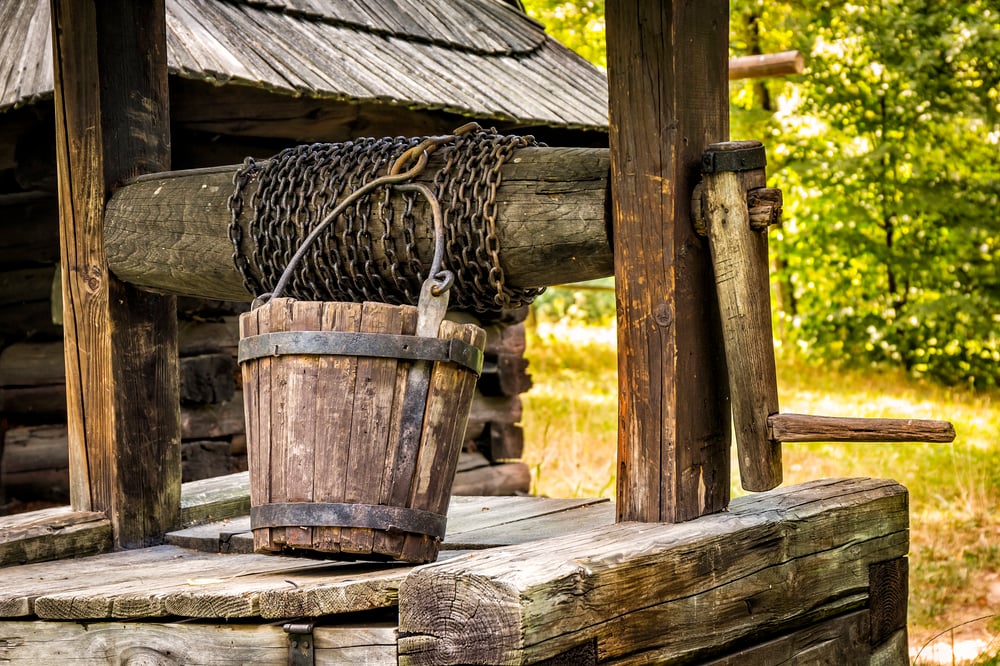
Keep records from installation, including materials used and any details about the water table and geologic structures taken by your installer. Some systems will be warrantied, and you should keep a record of that as well.
In most states, there are distance requirements for certain structures and activities taking place in and around groundwater wells. If you're planning to keep animals, make sure you keep these requirements in mind.
For example, the Georgia Department of Public Health cites state law requiring any animal enclosure be at least 100 feet from a water well for safety reasons.
Visual inspection goes a long way toward maintaining the health of your system. It's good to know when you need to call in a professional!
Keep the surface area around the wellhead clear, and look out for any cracks or breaks in the casing and seal above ground. Look out for flooding around the wellhead as this can contribute to contamination, and be sure to keep a 10-foot area clear of plants with significant root systems, like Willow Trees.
If you notice issues with water pressure or changes in the quality of your water, make sure to call in a professional to assess your system.
Georgia Public Health recommends an annual bacterial test (check for total coliform and fecal coliform) which can be ordered through your local health department.
Chemical analysis should be done every three years, unless you observe changes in your water's appearance, smell or taste, in which case you should test sooner rather than later.
The W33C test is the standard well owner's chemical test, and checks for, among other things, arsenic and lead.
Take care with planning and installing your home's water supply system and you'll be rewarded with a healthy water source for years to come.
Read more about the benefits of well water here:
https://rethinkrural.raydientplaces.com/blog/should-well-water-be-filtered
Sources:
United States Geological Survey, Groundwater Wells. Available at: https://www.usgs.gov/special-topic/water-science-school/science/groundwater-wells?qt-science_center_objects=0#qt-science_center_objects
Georgia Department of Public Health, Private Wells. Available at: https://dph.georgia.gov/environmental-health/well-water
The National Groundwater Association, Well Owners Guide, Available at: https://wellowner.org/wp-content/uploads/2020/08/NGWA-Well-Guide-PH2.pdf


